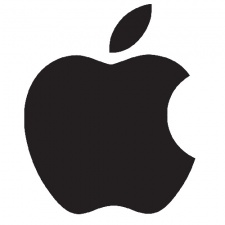With the release of iOS 8 due in a couple of months, it looks like Apple is adding a layer of broken glass and razor wire to the top of its already high walled garden.
TechCrunch is reporting that some developers are having their existing apps and games rejected because they contain third party app promotions and offer in-game credits for watching videos of apps from other developers.
My way or the highway
Of course, Apple has a long history of trying to stop any marketing activity outside its control that influences chart positions in the App Store, notably its battle with incentivised download networks such as Tapjoy and AppGratis.
Video ad networks such as AdColony, Flurry and SupersonicAds, which reward users with in-game currency for the game they're playing haven't previously been a problem.
However, as the fastest-growing sector of the mobile advertising industry, it may have become so powerful Apple feels it must now make a move.
And more worryingly, it appears that Apple may be cracking down on games that reward players with in-game currency for sharing their scores or other information on social networks.
That's pretty much every game on the App Store so making such a move would be a big surprise.
But even banning incentivised video ads may backfire if there aren't decent alternatives; presumably Apple hopes that its new App Store discovery features such as video trailers, better search and app bundling - not to mention its moribund iAd network -will fill the gap.
There's also the potential for its new promo code promotion, although to-date that's only been used by EA for its game Real Racing 3.
Who do you think you are?
Suggesting this is part of a wider shift, Apple has also made a subtle but significant change in terms of user privacy.
Previously, marketing companies have been using a device's unique MAC address - as revealed if the wi-fi is switched on -to track a device's location, and potentially serve up location-based advertising and offers.
Now, it seems that iOS 8 will add a further layer of obscuration by using random MAC address while a device is scanning for a wifi network.
[sources: TechCrunch, Quartz]





















